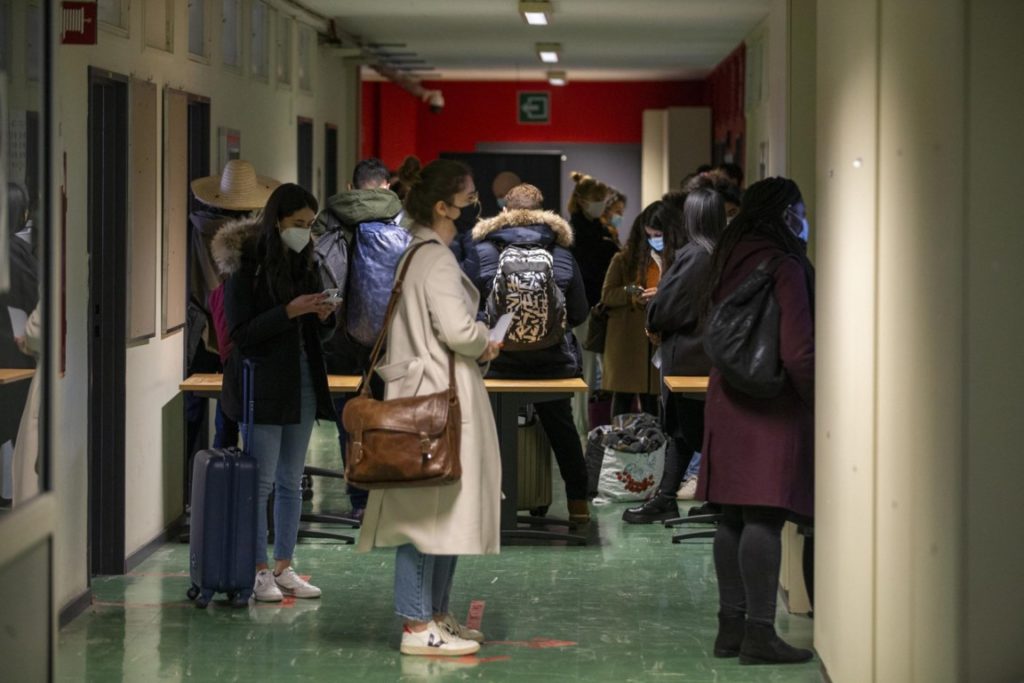By 1 April at the latest, Belgian police will receive the necessary data to sanction people who have to be tested for Covid-19 but refuse to do so, such as returning travellers.
Federal Health Minister Frank Vandenbroucke announced that the measure was agreed upon by Belgium's different Regions, at the Consultative Committee on Friday.
"We have agreed on a commitment to results: by 1 April at the latest, everything will be put in place to make it possible to penalise those who have to be tested and who do not," he said, adding that this means the system will be in place before the start of the Easter holidays.
Recent figures by Belgium's health institute Sciensano show that in the first week of January, 40% (some 15,000 people) of about 36,000 returning travellers who had to get tested did not do so. Over the following two weeks, only 40% of travellers returning to Belgium were tested.
Related News
- Belgium extends covid measure deadline to 1 April
- Belgium's latest coronavirus measures explained
- Belgian police can't stop people leaving on non-essential journeys
“Getting tested means protecting yourself, but it also means protecting others. It is a form of solidarity," Vandenbroucke said. "Sometimes you have to show the many good people who do follow the rules that the minority who do not follow the rules cannot do so without obligation."
Even though Belgium's Justice Minister Vincent Van Quickenborne announced on 19 January that skipping a test when returning from a red zone would result in a €250 fine, figures from early February showed that no fines had been written out yet.
However, as getting tested upon return to Belgium is an obligation, it should also be checked and enforced, according to Vandenbroucke. "And those who flout the rules must be sanctioned."
The agreement with the Ministers-President of the different Regions on a commitment to result, however, means that the police will be informed, and can impose fines.
"Truth be told, it is not easy today to sanction people who come back from abroad but do not get tested, for all sorts of reasons," he explained, adding that it involves a lot of technical and legal issues.
That also involves awareness-raising. "We also want to explain why it is important to get tested," Vandenbroucke said. "We will do our utmost to convince people of this and to underline the importance of it."
Maïthé Chini
The Brussels Times

